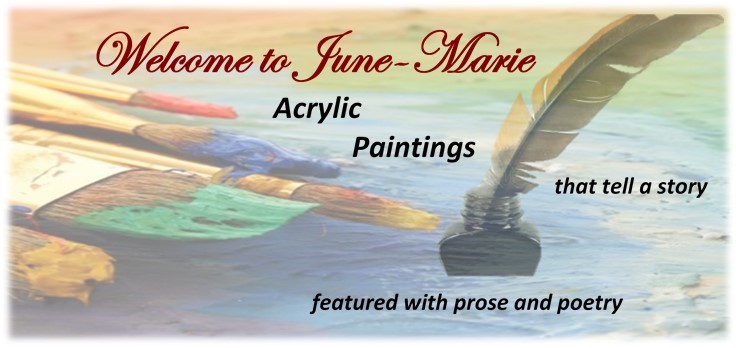“I am bound for the promised land,
O, who will come and go with me?
I am bound for the promised land.”
These lyrics, written in 1787 by dissenting hymn writer, Samuel Stennett, found enormous popularity among early 19th century American settlers. Longing for a new life, willing to travel and tame the fresh American wilderness, the settler’s unbridled hope well reflected Stennett’s devotion to those prevented from fully participating in society. The impoverished, immigrants, second sons, to name a few, traded social challenges for new ones. Disease, drowning, injury and Indians abounded. While lightweight canoes afforded a navigational advantage down the ample wild waterways of the Ohio river valley, the trip was exhaustive. Once they arrived, backbreaking work plagued many a farmer cutting down the forests that blanketed the eastern half of the United States at that time. As the original hymn suggests, the promised land equally referred to the promise of heaven and its reward which many an early settler prematurely received.
This painting, “Bound for the Promised Land”, nonetheless evokes optimism in an early period when America was truly great. Every available able body, regardless of gender or age or religion or race works together here. The lead canoe is equally flanked by five women and five men. A welcome elderly man does his doable share. The middle canoe is led by none other than a wilderness savvy Indian guide. The last canoe carries a humble man of the cloth, a far cry from some of the more rugged men aboard who savor the challenge of the divine’s daunting creation. The forest dense hills, the unforgiving bright sienna rocks, the rushing fresh waters – the overflowing beauty and power of nature welcomes all to test their survival skills. It is a democratic spirit bred of necessity. Who needs tribalism when a larger human task is at hand? The scene espouses a certain higher truth that humans can be equally at their highest when at their lowest – a reminder to all generations to savor the value of all available souls in the onward march of humanity. It is indeed poignantly written: “O, who will come and go with me? I am bound for the promised land.”

